CHS athletes discuss the use of social media in daily life and the impact on recruitment
Herb Hand, offensive line coach for Auburn University football tweeted in 2014, “Dropped another prospect this a.m. due to his social media presence … Actually glad I got to see the ‘real’ person before we offered him.” This tweet has sparked awareness in the recruiting world about the importance of keeping a positive social media presence as an athlete.
In today’s digital age, recruiters and coaches can easily find out everything they need to know about their recruit with just a few clicks.
John-Michael Mulloy, men’s basketball player and junior, said he acknowledges this.
“I think (keeping a positive social media presence) is very important, with coaches following me and stuff like that. That’s your image and you have to be smart,” Mulloy said.
College coaches and recruiters like Hand, Duke University’s Derek Jones and Southern Methodist University’s Justin Stepp have tweeted messages related to the subject. Statements from these coaches such as “Coaches can meet the real you before even meeting you” and “Your social media pages say a lot about your discipline, character, and common sense” make one message clear: what recruits say and do on social media has become increasingly important in today’s recruiting world.
Athletics Director Jim Inskeep said he agrees.
“I think one of the issues that comes up is just being very impulsive with social media. For a 16- 17- 18-year- old, you can make some decisions that may seem funny at the time that others don’t think are very funny, and that can have an impact on whether a college continues to recruit you or not,” Inskeep said.
Trude Rothrock, women’s swimmer and senior, said that keeping a positive social media presence is important.
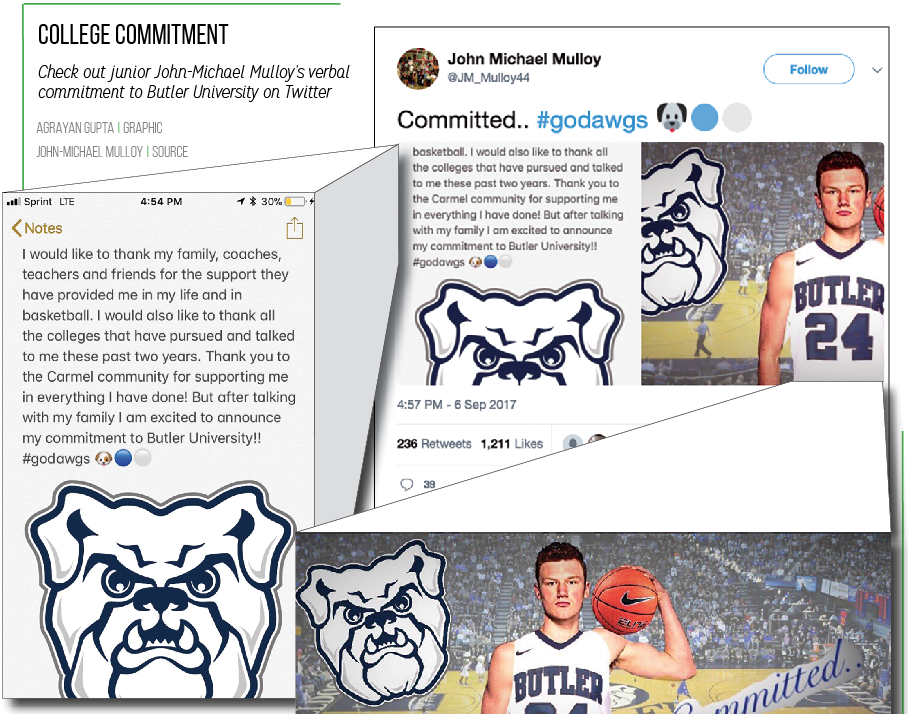
Rothrock said, “It is definitely essential—I mean you want to reflect your best self image in things that you do on social media.”
Mulloy and Rothrock are both athletes who have been recruited for their respective sports. Mulloy is a Butler University basketball commit, and Rothrock is a University of Tennessee swimming commit.
With coaches and other mentors giving them advice on how to keep a positive social media presence, both Mulloy and Rothrock said they have a few rules to stick by when it comes to social media.
Mulloy said, “I only tweet out things that are good for you, and overall just being very smart.”
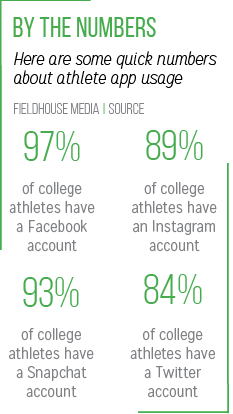
When a recruit doesn’t stick to those rules, events can go downhill quickly. With social media promoting a fast way to share information, word of a recruit getting dropped by one school because of social media can get out to numerous other schools quickly. For example, in 2012, Yuri Wright, a top-ranked football player, had scholarship offers dropped from several schools after he was expelled from school due to sexually graphic Twitter posts.
To prevent such instances from happening at this school, Inskeep said he talks to athletes who have misbehaved on social media.
“I do (talk to athletes) a couple of different ways. I will start that with language that they’re using on social media or just something they might have retweeted or commented on, just to make a remark to them to see if that’s enough for them to pause and reflect about taking it down. It’s not so much about discipline as it is learning the right way to use it,” Inskeep said.
For top recruits like Mulloy and Rothrock, Inskeep said he has another method of monitoring their social media presence.
“A lot of our student athletes that are more higher profile media-wise; I do follow on social media, and I do that for a couple of different reasons, but one of those is just from a monitoring standpoint,” Inskeep said.
Rothrock said she believes not only does the women’s swimming team’s culture contribute to the lack of social media issues at this school, all CHS athletic teams do.
“It’s definitely an expectation for us to project a good image for everyone,” Rothrock said. “I feel that by participating in the sport itself has taught me to create a positive image for myself and do that consistently.”
Your donation will support the student journalists of Carmel High School - IN. Your contribution will allow us to purchase equipment and cover our annual website hosting costs.


































![British royalty are American celebrities [opinion]](https://hilite.org/wp-content/uploads/2024/03/Screenshot-2024-03-24-1.44.57-PM.png)


















![Chelsea Meng on her instagram-run bracelet shop [Biz Buzz]](https://hilite.org/wp-content/uploads/2024/04/IMG_2446-1200x838.jpg)
![Review: Quiet on Set: The Dark Side of Kids TV is the long awaited exposé of pedophilia within the children’s entertainment industry [MUSE]](https://hilite.org/wp-content/uploads/2024/04/unnamed.jpg)
![Review: “The Iron Claw” cannot get enough praise [MUSE]](https://hilite.org/wp-content/uploads/2024/04/unnamed.png)
![Review: “The Bear” sets an unbelievably high bar for future comedy shows [MUSE]](https://hilite.org/wp-content/uploads/2024/03/unnamed.png)
![Review: “Mysterious Lotus Casebook” is an amazing historical Chinese drama [MUSE]](https://hilite.org/wp-content/uploads/2024/03/0.webp)
![Review in Print: Maripaz Villar brings a delightfully unique style to the world of WEBTOON [MUSE]](https://hilite.org/wp-content/uploads/2023/12/maripazcover-1200x960.jpg)
![Review: “The Sword of Kaigen” is a masterpiece [MUSE]](https://hilite.org/wp-content/uploads/2023/11/Screenshot-2023-11-26-201051.png)
![Review: Gateron Oil Kings, great linear switches, okay price [MUSE]](https://hilite.org/wp-content/uploads/2023/11/Screenshot-2023-11-26-200553.png)
![Review: “A Haunting in Venice” is a significant improvement from other Agatha Christie adaptations [MUSE]](https://hilite.org/wp-content/uploads/2023/11/e7ee2938a6d422669771bce6d8088521.jpg)
![Review: A Thanksgiving story from elementary school, still just as interesting [MUSE]](https://hilite.org/wp-content/uploads/2023/11/Screenshot-2023-11-26-195514-987x1200.png)
![Review: When I Fly Towards You, cute, uplifting youth drama [MUSE]](https://hilite.org/wp-content/uploads/2023/09/When-I-Fly-Towards-You-Chinese-drama.png)
![Postcards from Muse: Hawaii Travel Diary [MUSE]](https://hilite.org/wp-content/uploads/2023/09/My-project-1-1200x1200.jpg)
![Review: Ladybug & Cat Noir: The Movie, departure from original show [MUSE]](https://hilite.org/wp-content/uploads/2023/09/Ladybug__Cat_Noir_-_The_Movie_poster.jpg)
![Review in Print: Hidden Love is the cute, uplifting drama everyone needs [MUSE]](https://hilite.org/wp-content/uploads/2023/09/hiddenlovecover-e1693597208225-1030x1200.png)
![Review in Print: Heartstopper is the heartwarming queer romance we all need [MUSE]](https://hilite.org/wp-content/uploads/2023/08/museheartstoppercover-1200x654.png)






















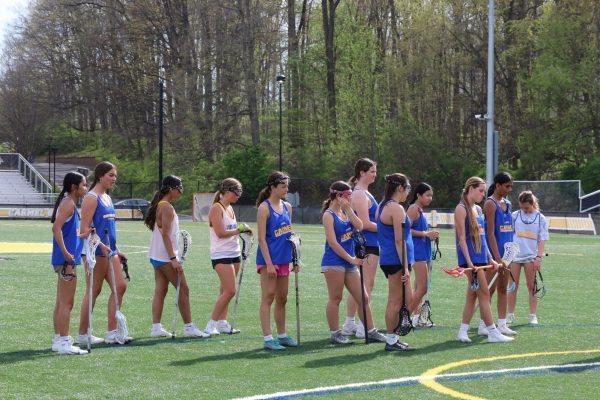
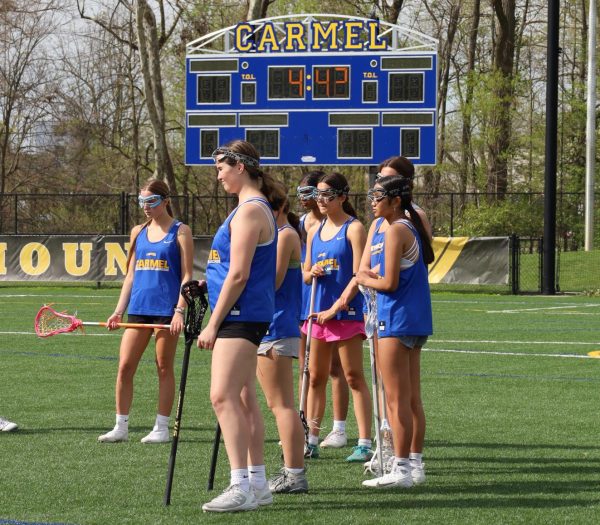
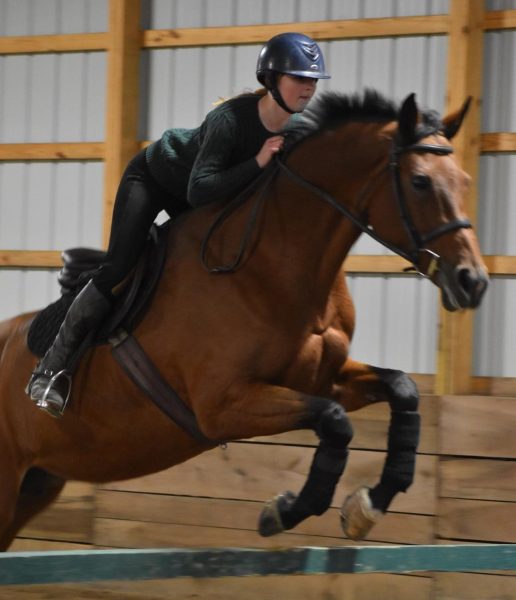
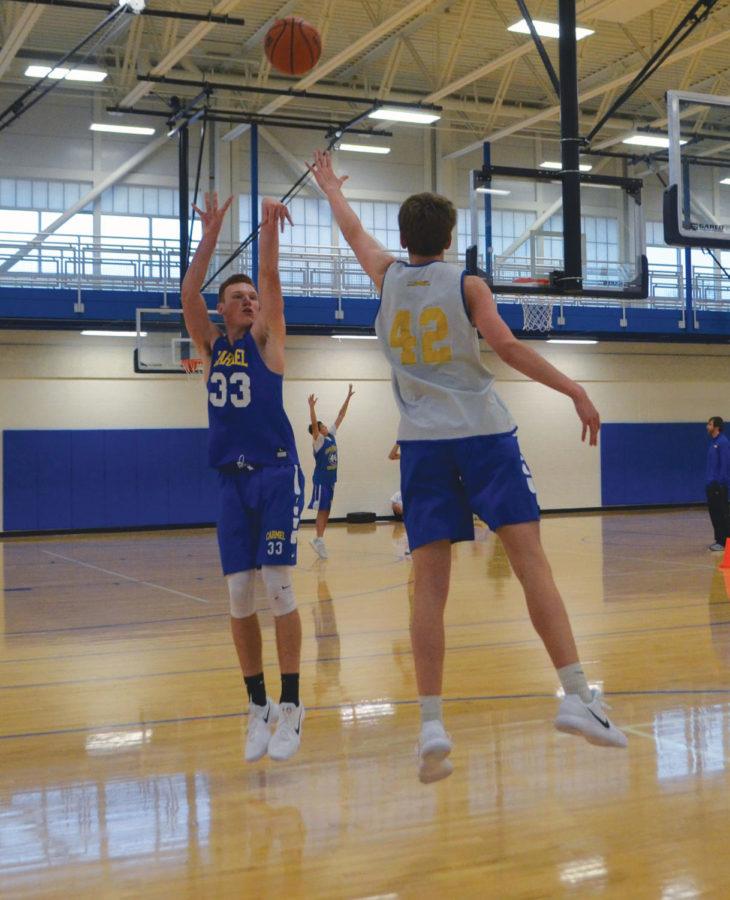
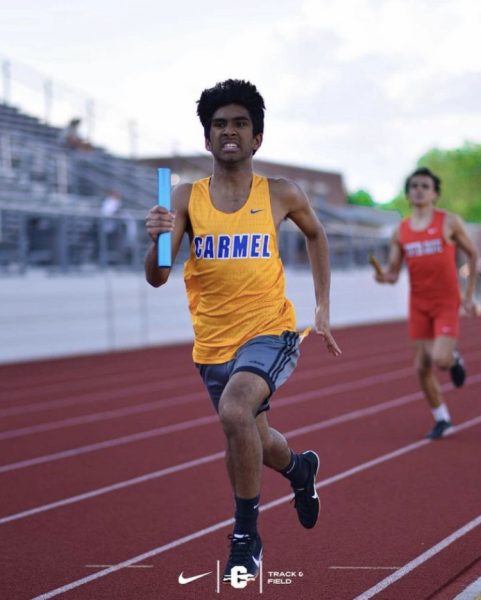
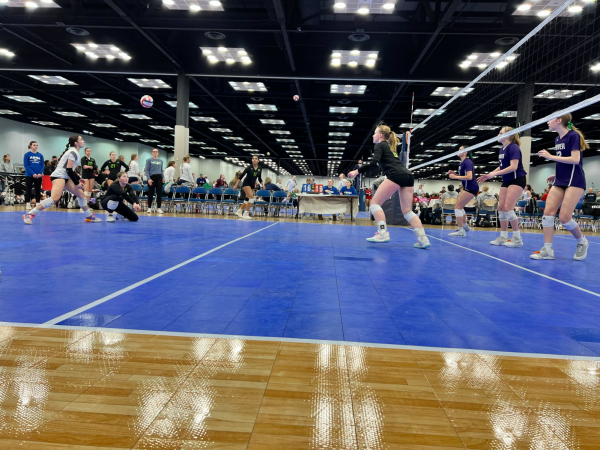
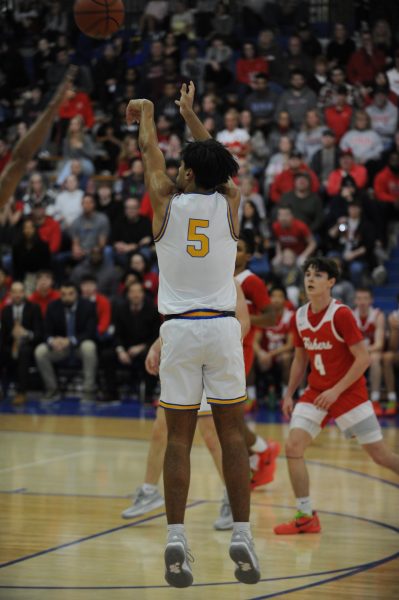
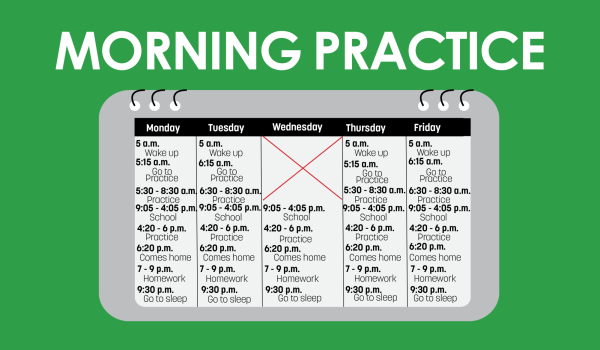

![Lewis Hamiltons move to Ferrari will limit his future success [opinion]](https://hilite.org/wp-content/uploads/2024/02/caitlinfollmanperspectivesf1-600x235.png)